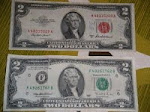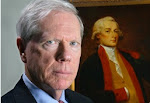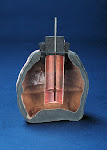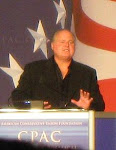I found this article (link) fascinating: Here is a bit:
For example, it allowed him, in spite of the “Germany First” principle, to quietly commit a high proportion of manpower and equipment to the war in the Pacific, which was very much “his” war, and where American interests were more directly at stake than in Europe. He and his military and political advisors also started to realize that defeating Germany would require huge sacrifices, which the American people would not be delighted to bring. Landing in France was tantamount to jumping into the ring for a face-off with a formidable German opponent, and, even if ultimately successful, that would be a bloody and costly affair. Was it not far wiser to stay safely on the sidelines, at least for the time being, and let the Soviets slug it out against the Nazis? "
"British Prime Minister Winston Churchill, on the other hand, was an outspoken opponent of a second front. He may have feared, as some historians suggest, that a landing in France might lead to a duplication of the murderous warfare associated with the battlefields of northern France in the First World War. But it is more likely that Churchill liked the idea that Hitler and Stalin were administering a major bloodletting to each other on the Eastern Front, and that he believed that London and Washington would benefit from a stalemated war in the East. Since he already had nearly three years of war experience, Churchill had much influence on Roosevelt, a newcomer to the war in Europe. It is therefore understandable that the opinion of the British leader ultimately prevailed, and that plans for opening a second front in 1942 were quietly discarded. In any event, Roosevelt himself discovered that this course of action – or rather, inaction – opened up some attractive prospects.
For example, it allowed him, in spite of the “Germany First” principle, to quietly commit a high proportion of manpower and equipment to the war in the Pacific, which was very much “his” war, and where American interests were more directly at stake than in Europe. He and his military and political advisors also started to realize that defeating Germany would require huge sacrifices, which the American people would not be delighted to bring. Landing in France was tantamount to jumping into the ring for a face-off with a formidable German opponent, and, even if ultimately successful, that would be a bloody and costly affair. Was it not far wiser to stay safely on the sidelines, at least for the time being, and let the Soviets slug it out against the Nazis? "










































































.jpg)












